Eveli Kuuse acts as Coordinator of EIT Culture & Creativity at University of Tartu Viljandi Culture Academy (UT VCA). She has more than 15 years of experience in international research & development project consulting and management (both in the private and public sector).
Eveli holds MA in international relations from UT, has studied in France and worked at different positions in Japan and Mexico. Over the last years, she has found her passion in boosting R&D aside the entrepreneurial spirit in Humanities & Arts and CCSI.
University of Tartu Viljandi Culture Academy is a member of EIT Culture & Creativity. This interview is part of an interview series with EIT Culture & Creativity stakeholders about their innovations and ambitions.
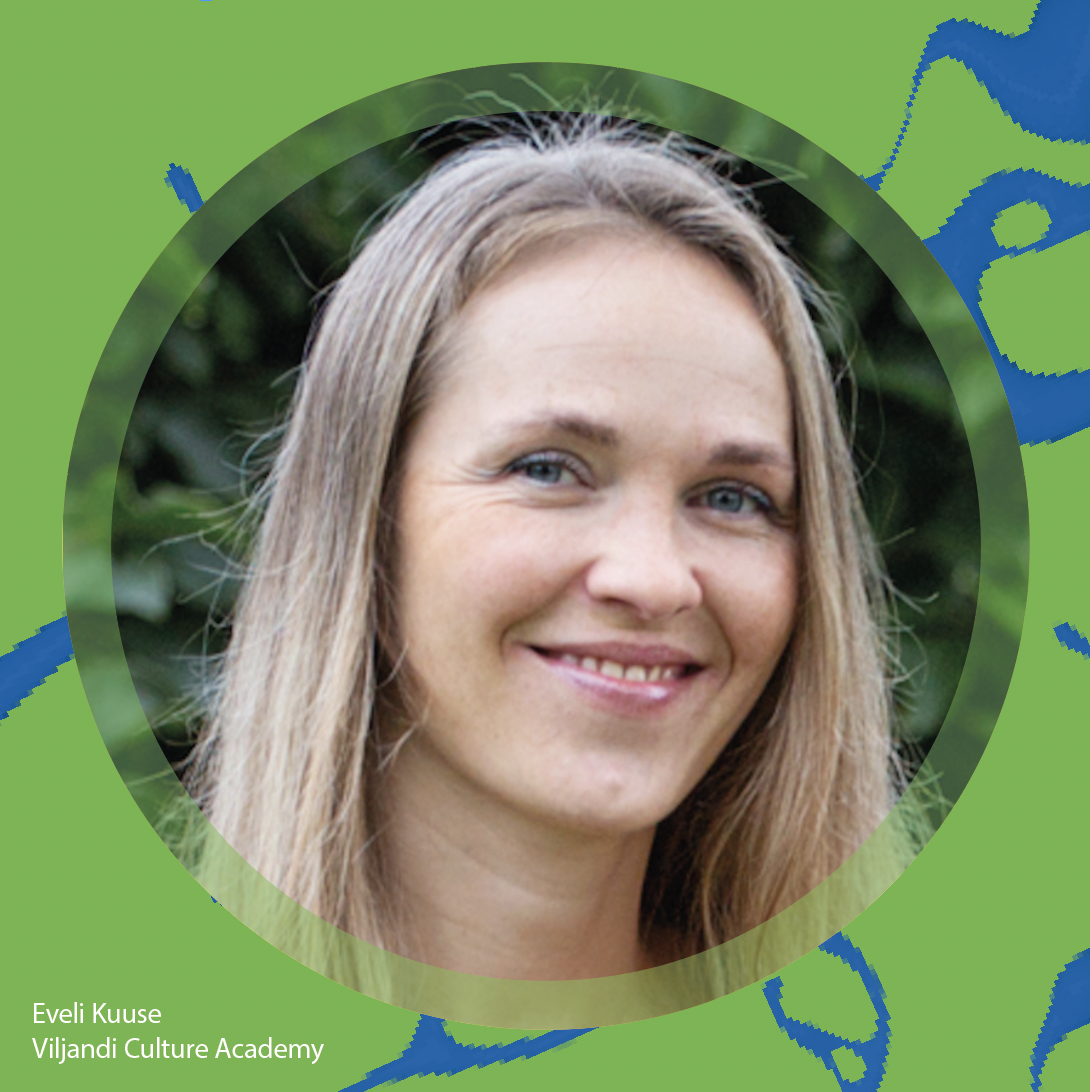
Our contribution to this EIT Culture & Creativity community lies in fostering CREATIVE ENTREPRENEURSHIP through the lens of CULTURAL HERITAGE, ART & CRAFTS – niches unique in the Baltics and Nordics. We promote the creation of a fertilising yet sustainable ecosystem for creative (micro-)entrepreneurs by providing access to a combination of measures touching upon education-research-innovation
Eveli Kuuse, Coordinator of EIT Culture & Creativity at University of Tartu
What inspired your organisation to become part of EIT Culture & Creativity? Moreover, what expectations do you hold for this collaboration?
Inspiration for becoming part of EIT Culture & Creativity came from the wide variety of networking possibilities, potential to contribute to the European Cultural Heritage research & innovation, possibilities for boosting as well as sharing experiences in (CCSI) micro-entrepreneurship, and perspective for diversification of the CCSI landscape in general.
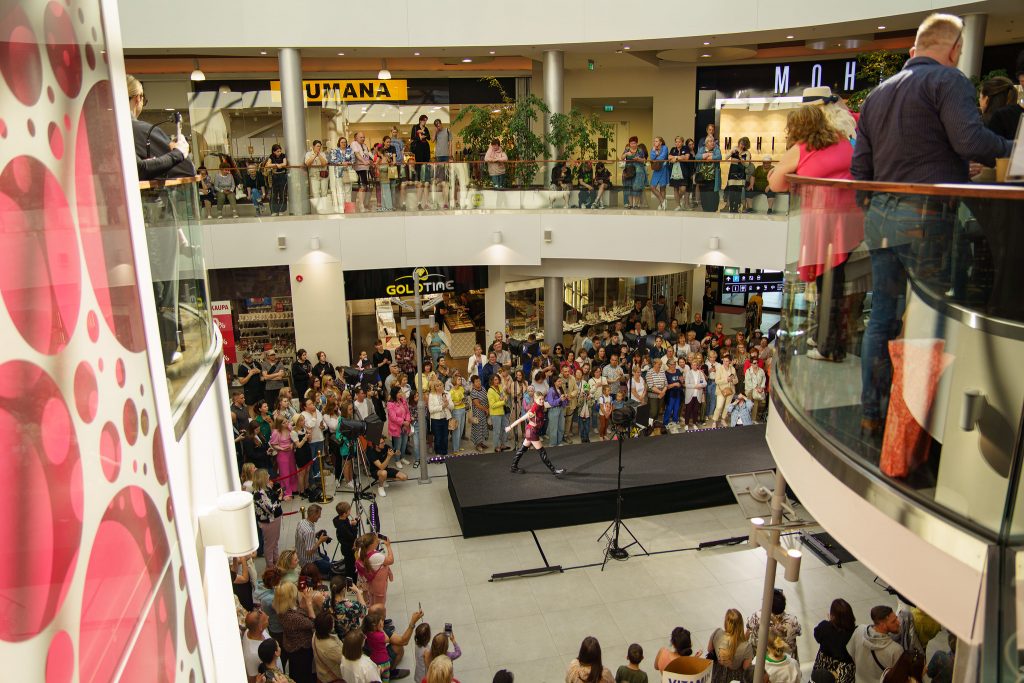
Should you pinpoint a single groundbreaking innovation to make Europe a better place, what would it be and how is your organisation contributing to it?
What makes Europe a better place is the simultaneous promotion of Cultural Heritage and Creative Entrepreneurship to enhance business as well as sustainable and social entrepreneurship skills of cultural heritage professionals. Such an approach enables innovation in Cultural Heritage, specifically by encouraging micro-entrepreneurs becoming part of the big ecosystem, i.e the world of big scalable businesses.
Providing positive/successful examples enables “seeing” Cultural Heritage more as an inherent part of sustainable business models. The contribution of University of Tartu Viljandi Culture Academy lies in DEVELOPING SPECIFIC EDUCATIONAL COURSES (incl professional development) supporting the development and upscaling of current business models with an emphasis on enhancing digital skills, and fostering network-building among the participants, so as to empower them nationally, but also in entering international markets.
An additional dimension is the offering of INCUBATION SERVICES FOR CCSI ENTREPRENEURS, incl in the Cultural Heritage niche.
It is a HEI with a long tradition and experience in teaching CREATIVE ENTREPRENEURSHIP, having set up
- INCUBATOR AND SPIN-OFF PROGRAMMES operating as optional extensions to curricula (Startup Lab in Tartu; VILJANDI CREATIVE INCUBATOR since 2021, in collaboration with the local municipality), and
- newly a Design Thinking Lab (in 2023 at UT Pärnu College).
Specific for UT Viljandi Culture Academy, it offers top-level education distilled through Estonian TRADITIONAL CULTURE & CULTURAL HERITAGE but seasoned with modern approaches, knowledge of creative entrepreneurship, integration of theory with practice through innovative & interdisciplinary collaboration projects (incl science + creative arts), and active engagement with the community.
Last but not least, as VCA does bring together know-how in practice-based and experimental research and development of craft skills, and has access to EXPERIMENTAL LABORATORY SPACE, there is an increasing potential for innovative products and services in/for CCSI, as well as for (international) private-public collaboration along that line.
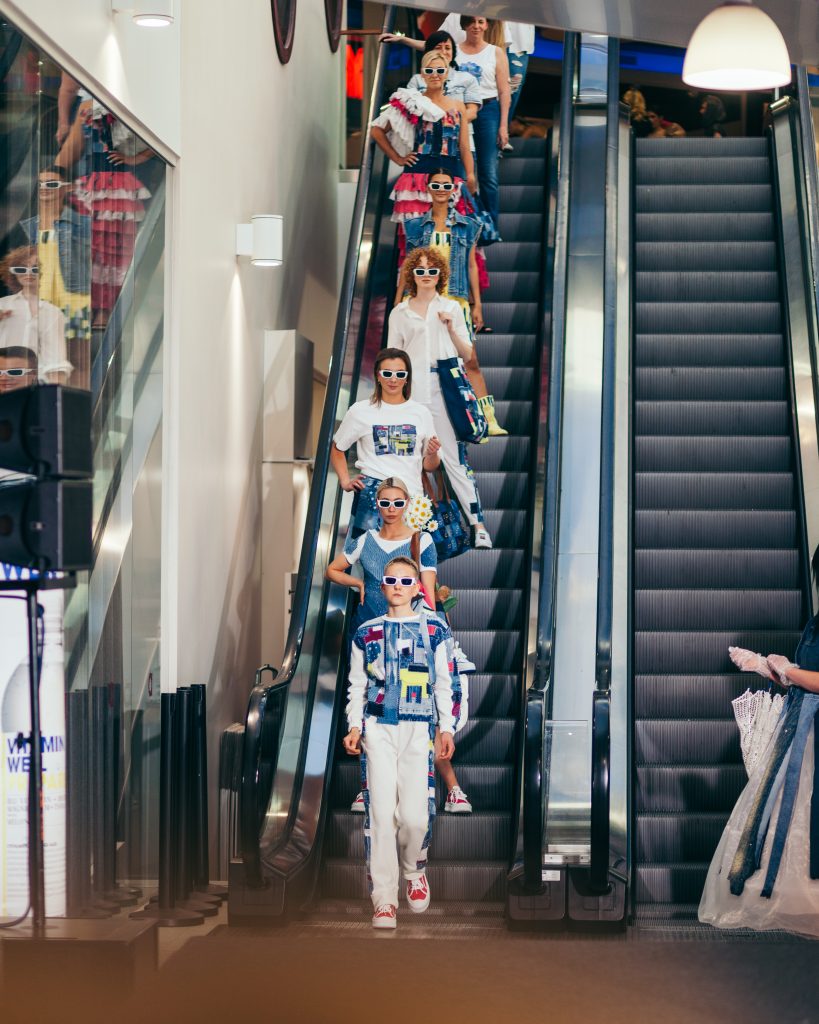
Share a recent success story or project that exemplifies the positive impact of your organisation’s work in the CCSI
In 2023, UT Viljandi Culture Academy, together with Estonian Fashion FestivaI and Narva Estonian Language House of the Integration Foundation launched a new initiative – Fashion and Language School MOEPÖÖRE.
MOEPÖÖRE provided a unique opportunity to combine fashion creation with language studies. Such a cooperation simultaneously touched on important topics of creativity, sustainable design, micro-entrepreneurship, and the Estonian language.
For three months, 40 language learners were mentored by renowned Estonian fashion designers and other experts in creating sustainable clothing and accessories (from recycled materials) while speaking only in Estonian. The school culminated with an incredible fashion show in early June: 12 collections with 71 unique items made as a result of the exciting joint venture of 21 fashion designers, presented on stage (in Narva’s biggest shopping mall) by 50 models. The “Best sustainable fashion collection”, chosen by a jury, was awarded with a voucher for 1000 euros for further fashion activities.
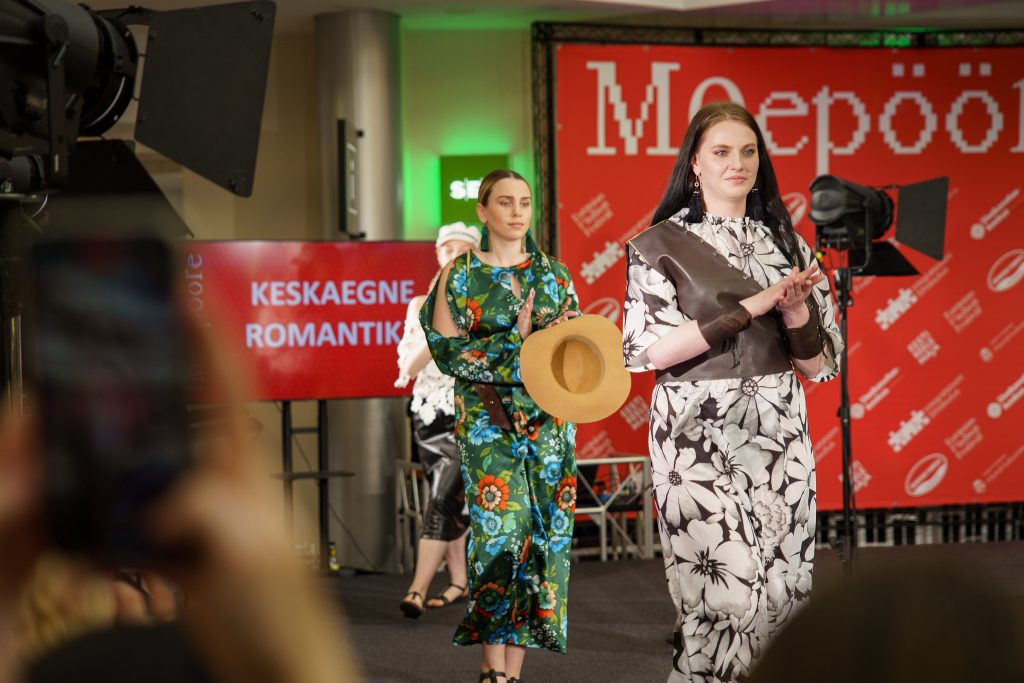
What are some key future initiatives, projects, or innovations your organisation has in the pipeline that our audience should look forward to?
As for education, UT Viljandi Culture Academy is launching a 1-year MA in Creative Project Management (first intake in autumn 2024), and, as a next step, aspires to collaborate internationally to offer a Dual MA programme based on it (2025 and further).
On a more general level, UT continues to expand and internationalise its offering of microdegree programmes, including in the CCSI niches (e.g. Creative Entrepreneurship, 1 year, 12 ECTS, with the possibility for the best ideas to continue in Viljandi Creative Incubator), as well as Continuing Professional Education courses; and integrates further formal & informal education opportunities.
As for business support activities, the goal is to develop and scale Viljandi Creative Incubator (established in 2021), to be able to offer a fully-fledged pre-incubation programme in English to international innovators focusing on Heritage, Crafts & Creative Entrepreneurship (initial plans for 2025 and further).
If your organisation had a soundtrack, which one would it be and why?
If UT Viljandi Culture Academy had a soundtrack, it would be traditional music infused with modern techniques. One example from our talented teaching staff:
Cätlin Mägi “Koka nokast”
More here: https://www.youtube.com/watch?v=bNLFhl438q0.
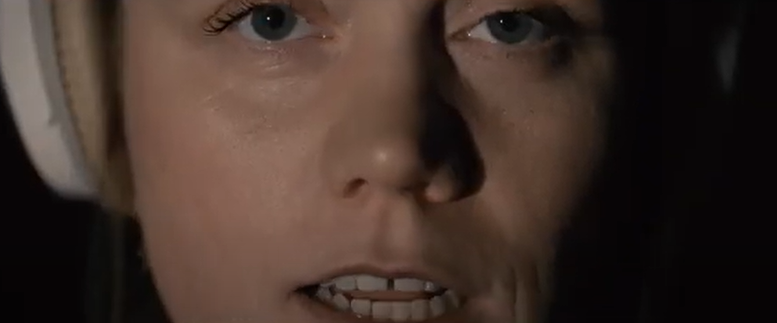
About EIT Culture & Creativity
EIT Culture & Creativity is the ninth Innovation Community by the European Institute of Innovation and Technfology (EIT), a body of the European Union. It is designed to strengthen and transform Europe’s Cultural and Creative Sectors and Industries (CCSI) by connecting creatives and organisations to Europe’s largest innovation network. It takes a holistic and open approach to innovation – from tech to artistic driven innovations, from business to citizen driven – and reinforces the appreciation and anchoring of European values and identities. EIT Culture & Creativity will unlock latent value from a multitude of small CCSI stakeholders through technology transfer, improved cross-sectoral collaboration and their effective integration in production value networks. EIT Culture & Creativity will support technology and business innovation; artistic innovation and social innovation. It will also harness the unique position of the CCSI to facilitate the Triple Transitions in Europe – green, digital and social.About The European Institute of Innovation and Technology (EIT)
The EIT is Europe’s largest innovation ecosystem bringing together close to 3,000 partners from top business, research and education organisations across Europe in over 80 innovation hubs. The EIT strengthens Europe’s ability to innovate by powering solutions to pressing global challenges and by nurturing entrepreneurial talent to create sustainable growth and skilled jobs in Europe. The EIT is an EU body and an integral part of Horizon Europe, the EU Framework Programme for Research and Innovation. The Institute supports dynamic pan-European partnerships, EIT Knowledge and Innovation Communities, composed of leading companies, research labs and universities each dedicated to solving a pressing global challenge, from climate change to health, to renewable energy.



